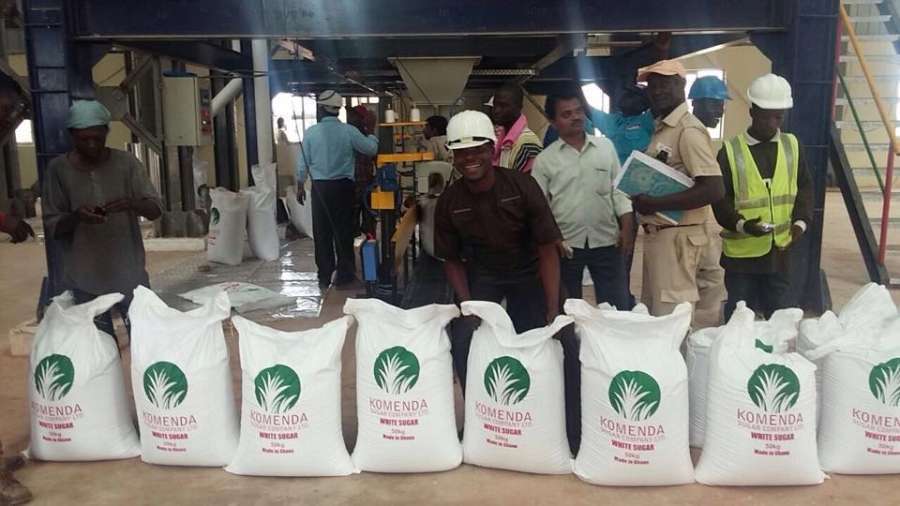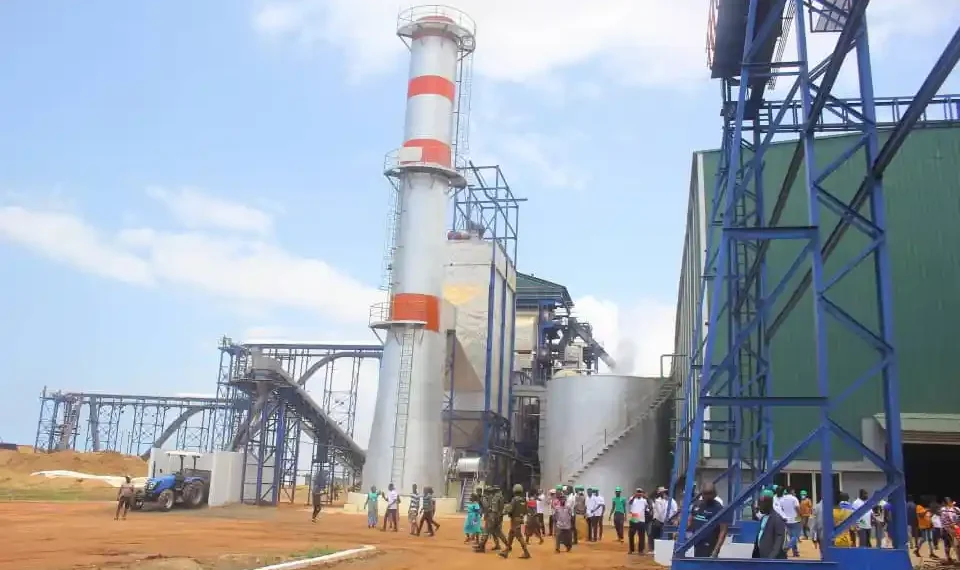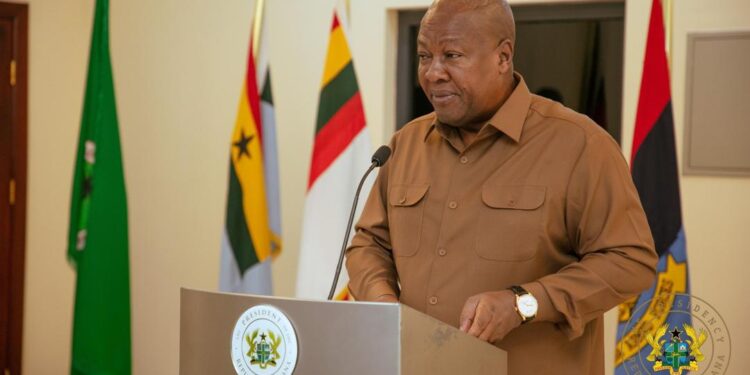Samuel Awudza, Convener of the Concerned Citizens of the Komenda Traditional Area, has announced that the group’s upcoming demonstration seeks to pressure the government into revitalizing the sugar industry and engaging rural sugarcane farmers in the process.
Awudza pointed out that currently, the government has opted to import 1000 tons of brown sugar from India, which will be processed and refined into white sugar, thereby depriving rural farmers of potential employment opportunities.
He revealed that the investor slated to take over the Komenda Sugar factory has expressed intentions to bypass rural farmers and instead concentrate on refining imported sugar into white sugar, thereby excluding local farmers from the process.
“It means that a factory that is supposed to employ between, 5000 to 7000 workers if it is in full operation, is going to deny the out-grower farmers [employment]. So what will happen to the whole value chain of farmers? We think that the government is going to short-change us if this deal is allowed to go through”.
“It is not in our best interest because most of the indigenes here [Komenda] are farmers and they are into sugarcane cultivation. A lot of them even took loans from banks to expand their farms to cultivate more sugarcane with the promise from the government that the factory is going to work and they are going to be engaged”.
Samuel Awudza
Awudza further emphasized that the government’s decision to import brown sugar from India amounts to outsourcing employment opportunities meant for Ghanaians to foreign workers, effectively denying locals potential jobs.
He stressed that the government’s primary responsibility is to generate employment opportunities for its citizens, and if it fails to do so, then a peaceful demonstration becomes a necessary means to amplify the voices and concerns of the Komenda people.
Awudza Slams ‘Raw Deal’ Lease Agreement
Furthermore, Samuel Awudza criticized the government’s lease agreement with the incoming company, calling it a raw deal, as it surrenders a lucrative enterprise generating $10-12 million in annual revenue for a meager $1 million per year.
He highlighted the stark contradiction between the community’s enthusiasm for the factory’s revival and the government’s proposed deal with the Indian company, which surprisingly sabotages that very objective.

“We all know that from the valuation report [by PWC] that the factory has made a profit of about $ 12 million every year. So how can you then be paying the same company $ 50, 000 for no work done and expect the company to pay $ 1 million out of the possible profit of $ 12 million a year to the state”.
“What then is going to happen to the $ 11 million? We don’t think this is in the best interest of Ghanaians. So the government should absolutely cancel that deal and then give it back to the Ghanaian who will then manage it and then whatever profit that accrues will be given to the state”.
Samuel Awudza
Awudza contended that the most effective strategy for the government to achieve full production would be to partner with local out-grower farmers, leveraging the abundant sugarcane supply in the area, rather than relying on external sources.
He challenged the rationale behind entrusting a company with no proven track record to manage a state-owned enterprise, arguing that such a decision would be detrimental to the nation’s interests.
Meanwhile, Kobina Tahiru Hammond, the Minister of Trade and Industry, has addressed concerns surrounding payment for the lease of the Komenda Sugar Factory to West Africa Agro Limited, an Indian-based firm.
He explained that, in fact, Ghana will be the recipient of a significant annual rent payment exceeding one million dollars from the company, rather than the other way around.
READ ALSO: Actor Patrick Doyle Hails Ex-wife Ireti as ‘First-class Mother’




















